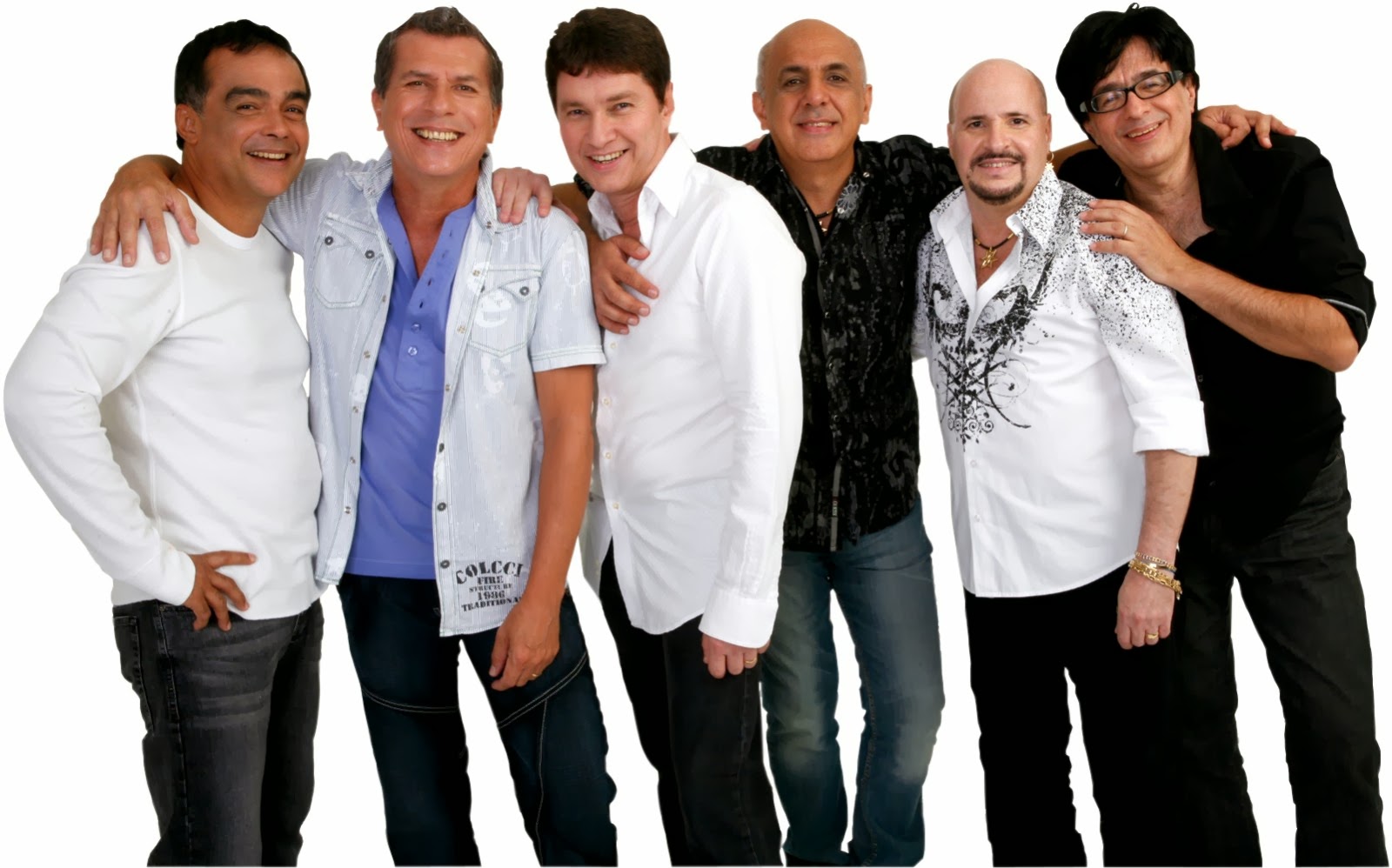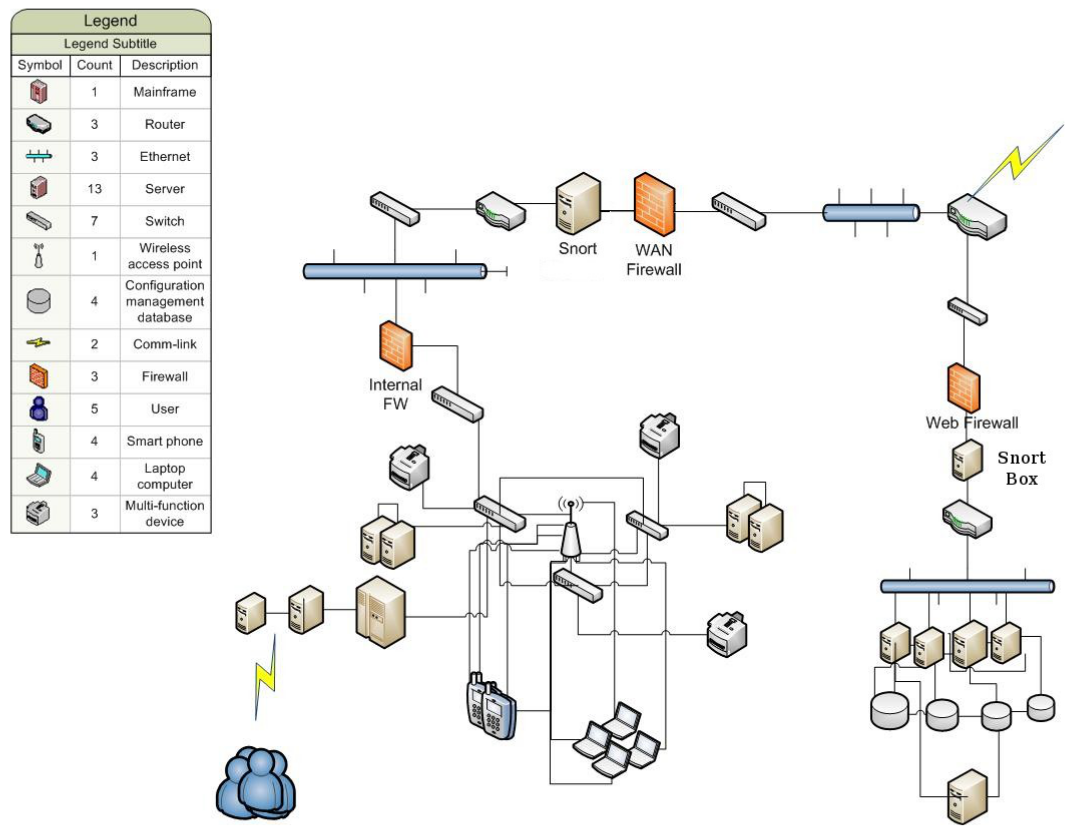

Part of this land of his was in timber, so it was not all open farm land.

RHODES: It was his farm and all the other adjoining farms around there because there was not enough. There was a fairly good-sized operation, particularly at that time in history, particularly for a black man.ĪLLEN: And it was his farm that you worked when you were growing up? But he was one of the few blacks that did purchase that amount of real estate in that rural area and actually farmed his own farm. RHODES: He ended up purchasing a farm of approximately 200 acres, and how he did it, I don't know because, as I say, I was a young kid when I was there. But her stepfather is the one that I'm referring to when I speak of my granddad. That was the only grandfather that I knew because my mother's father died before I was born, so I never really knew my mother's father. They both were Sanders, but they were not any kin and didn't even know each-well, they knew each other later on in life, but nobody knew from whence John Sanders, which was my step grandfather, didn't know where he came from. Ironically, his last-it was my step grandfather, by the way-ironically, his last name was the same last name of my actual grandfather, my mother's father. Hardly anybody in the community knows where he came from. He was an uneducated man, and until this day I don't know where he was born nor really when he was born. KEELING: I know from those earlier interviews that your grandfather was a big influence on your life. I attended school there until I was in, I believe, the seventh grade and my family moved to Lufkin and I entered Dunbar High School here in Lufkin and completed my public education here in Lufkin. I did a lot of cotton chopping, cotton picking, digging potatoes, raising corn and all those kind of typical things you would find on a farm and that was my beginnings. Being in the '30s and early '40s cotton was kind of king in that area. RHODES: Well at that particular time it was primarily just a farming area. KEELING: Could you tell us a little bit about the community of Winters Hill? RHODES: I was born Januin a little rural Nacogdoches County community called Winters Hill. Rhodes, would you mind telling us where you were born? It is June the 25th, 2012 about 1:00 in the afternoon. Odis Rhodes in Lufkin, Texas at his home. I'm with Jake Keeling, who is also a graduate student at SFA. The interview was conducted on Jby Jake Keeling and Tracy Allen in Rhodes's home in Lufkin, Texas.ĪLLEN: I'm Tracy Allen. Rhodes is currently retired (June, 2012), and he continues to live in Lufkin, Texas. Austin State University in Nacogdoches, Texas. In 1968, he became the first African-American professor at Stephen F. Rhodes is a life-long educator, holding teaching and administrative positions in public schools in Waskom, Texas and Lufkin, Texas. Rhodes completed post-doctoral studies at the University of Indiana. He later completed masters-level studies at Texas Southern University in Houston, Texas and received a doctorate in education from the University of Houston. Rhodes received an undergraduate degree in biology and physical education from Wiley College in Marshall, Texas. Following a family move to Lufkin, Texas, Rhodes completed his public school education at Lufkin's Dunbar High School, graduating in 1950. Campbell High School in Nacogdoches, Texas. He attended school in Winters Hill and later transferred to E. All rights reserved.Odis Rhodes was born in Winters Hill (Nacogdoches County), Texas on January 23, 1932.


 0 kommentar(er)
0 kommentar(er)
